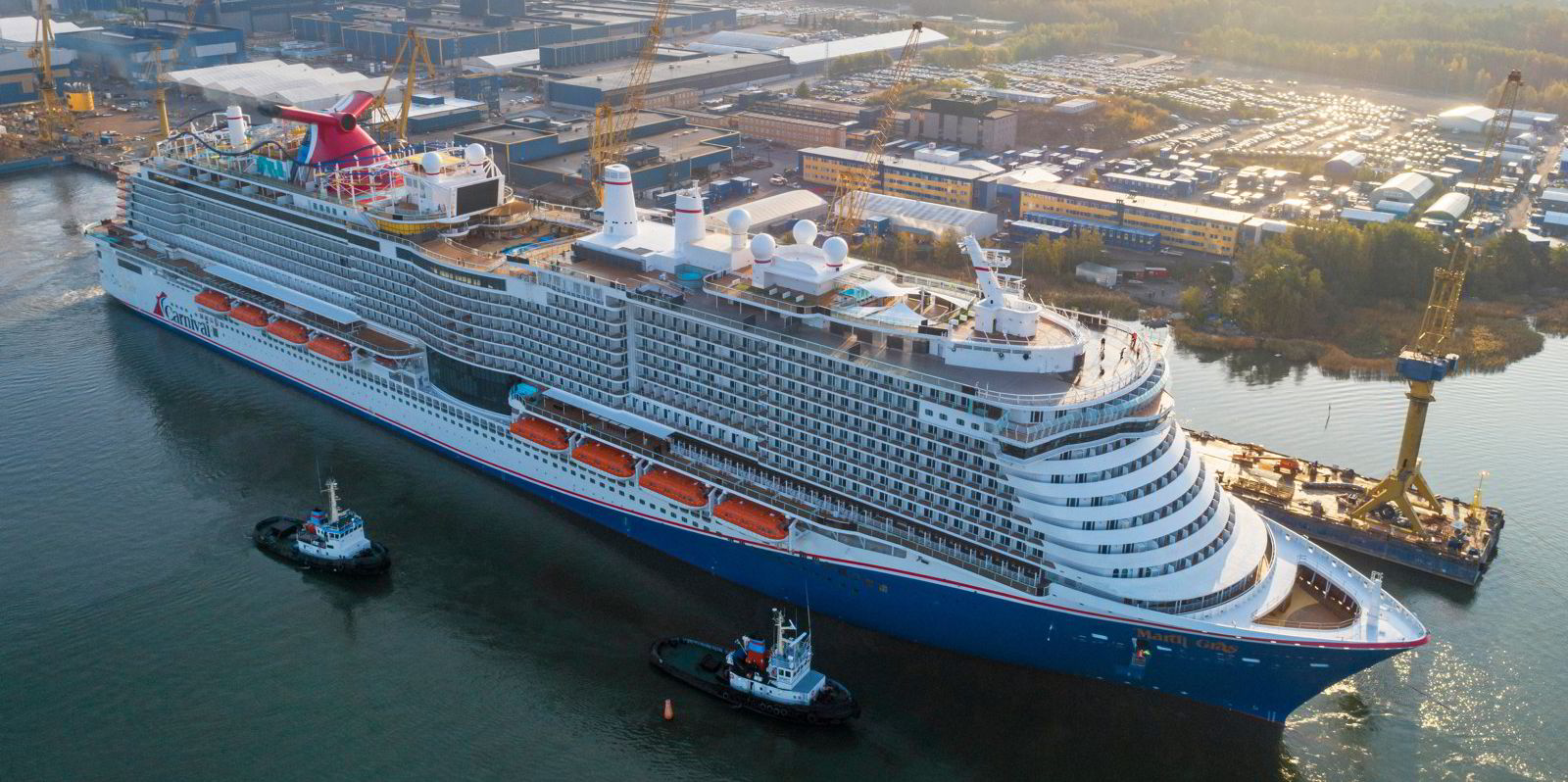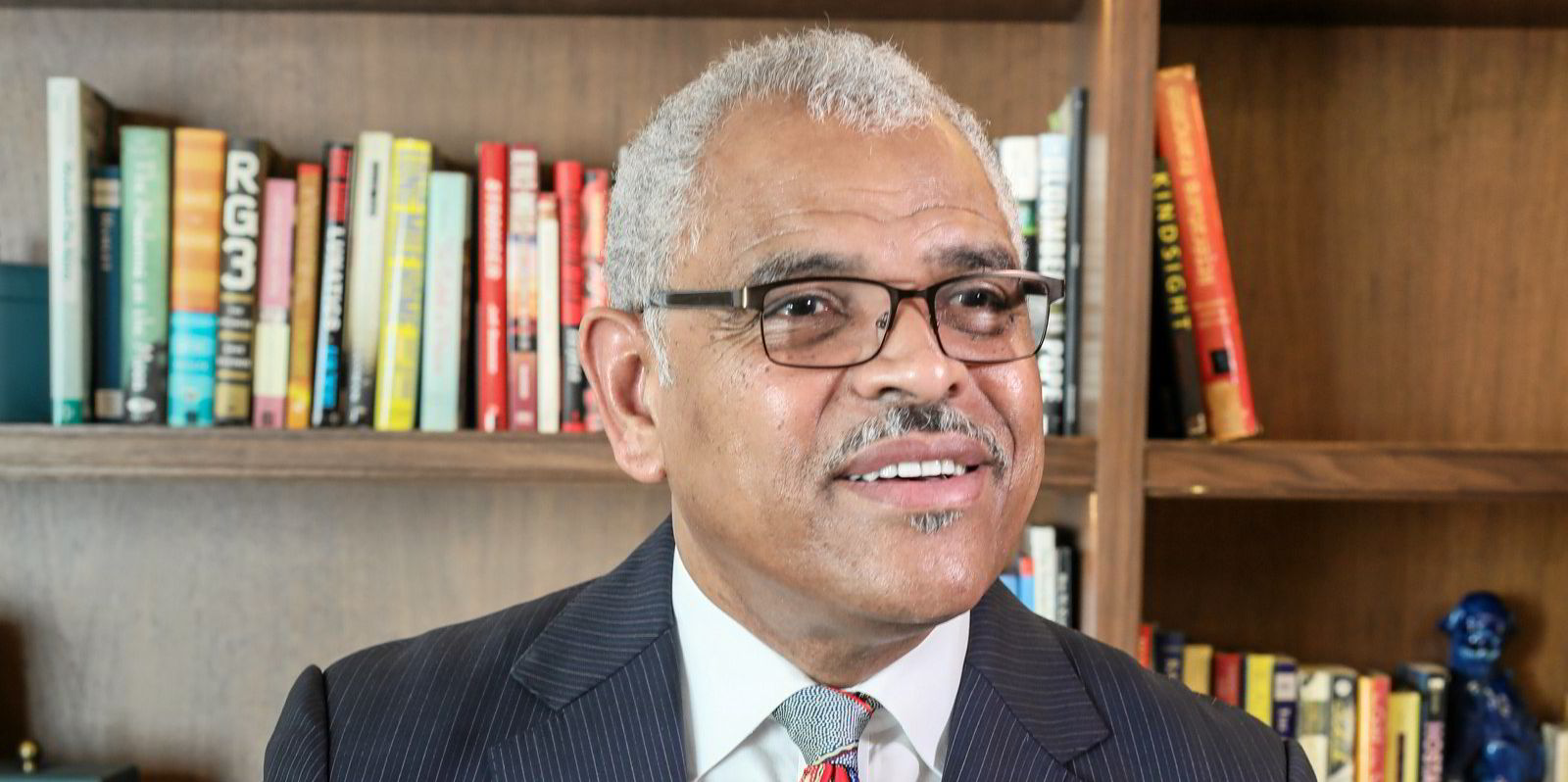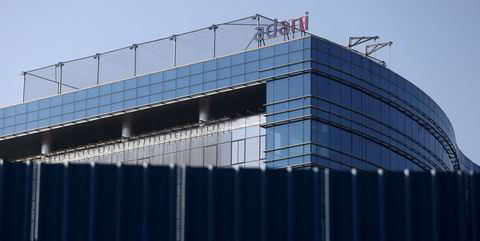For all of us at Carnival Corp, our highest responsibilities and top priorities are always compliance, environmental protection, and the health, safety and well-being of our guests, the people in the communities we touch and serve and our shipboard and shoreside personnel.
We have reaffirmed our commitment to sustainability with the recent introduction of 2030 sustainability goals and aspirations for 2050, which will guide our actions to further strengthen the sustainability performance throughout all aspects of our global operations, while also supporting opportunities for sustainable growth across our nine cruise line brands over time.
This article is one of more than three dozen contributions from shipping industry stakeholders about their outlook for decarbonisation efforts in the year ahead. We asked shipowners, managers, financial professionals, technology providers and more about their own efforts to address greenhouse gas emissions in 2022 and what they hope to happen in the industry this year.
Essential to our sustainability performance are our actions and commitments related to climate action. As a company, we are committed to decarbonisation and aspire to be carbon neutral by 2050.
Following a peak in absolute carbon emissions in 2011, despite a 20% capacity increase since then, and an additional 19% capacity rise on order with new ships, we will continue initiatives to reduce emissions over time and identify a pathway to decarbonisation.
As part of our strategy, we are working towards transitioning our energy needs to alternative fuels, including LNG, battery systems, fuel cells and biofuels; investing in new low-carbon or zero-carbon emission technologies; developing and installing advanced air quality systems; using shore power; and partnering with various organisations and stakeholders to support and accelerate our decarbonisation efforts.
While we see these technologies as positive steps for the environment, there is no ultimate solution or combination of technologies at this time that can move the industry straight into a decarbonisation path.
Our goal as a company is to achieve net-zero emissions as soon as it is practical with the aspiration of 2050, and that is a process that will take time. But we are committed to making significant investments each year to help work towards positive progress.
The use of alternative fuels, such as LNG, is the first step — and a very significant one — towards that goal and to using other possible low-carbon fuels in the future, such as bio-LNG, synthetic LNG or other hydrogen-derived fuels.
However, we recognise this requires zero-carbon fuels and technologies to be commercially available with the support of supply chain infrastructure within the next decade.
So, as a company and as an industry, we need to continue to work together and establish strategic partnerships to spur innovation and take positive steps each year towards our common goal of decarbonisation, which is why we joined the Getting to Zero Coalition in 2019, for example.







